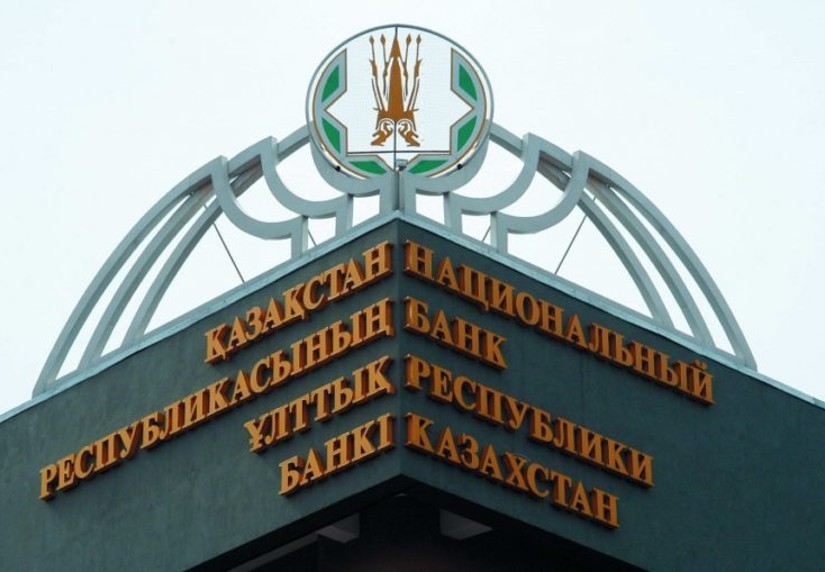The National Bank of Kazakhstan has announced its intentions to begin the testing phase and implementation of the use of its Central Bank Digital Currency (CBDC) known as Digital Tenge within a 3 years period.
According to a released document, the pilot phase of the Digital Tenge is aimed at enabling offline payments as well as improving the ability of market participants and infrastructure players to use CBDC within a specific regulatory framework.
Kazakhstan aims that its research into the adoption of the CBDC will throw more light on the potential of the CBDC to improve financial inclusion, encourage competition and new ideas in the payment sector and also boost the country’s competitiveness on the global stage.
The adoption of CBDC in Kazakhstan was made public when the CEO of Binance exchange, Changpeng Zhao revealed in a Twitter thread that Kazakhstan was using the BNB Chain community for its pilot testing of the Digital Tenge.
We introduced them to the #BNB Chain community to discuss testing integrating their CBDC (Digital Tenge) with @BNBCHAIN.
If you're not aware, NKB recently launched a CBDC pilot in a controlled environment and with real consumers and merchants. (3/4)
— CZ 🔶 Binance (@cz_binance) October 26, 2022
The CEO also said Binance has received a license to operate in Kazakhstan as part of the firm’s effort to attain global relevance.
Zhao highlighted that he was eager to see how the National Bank of Kazakhstan will prepare CBDC samples to evaluate how they could be incorporated into BNB Chain to close the gap between traditional banking and the crypto ecosystem.

Many countries are beginning to accept CBDC and its infrastructure as an alternative payment method. For example, the Bank of England announced in December that it is now accepting applications for CBDC wallet PoC.
Beyond CBDCs, Kazakhstan is a Crypto Mining Hub
Kazakhstan is a major player in the Bitcoin mining industry. It is known for having some of the world’s cheapest electricity, making it an appealing location for Bitcoin miners, who require a lot of energy to power their operations.
Kazakhstan remains a significant hub for Bitcoin mining, and it is likely to continue to play a significant role in the global Bitcoin mining industry in the future despite challenges in the mining industry at the moment.
Kazakhstan’s parliament recently said it plans to adopt laws regulating bitcoin mining. The new policy will give crypto miners access to new licensing tenures but a distinction will be made between those who operate their own facilities and those who lease them from other businesses.
Furthermore, miners would be advised to purchase their electricity from the shared grid at market prices from energy provider Korem.


